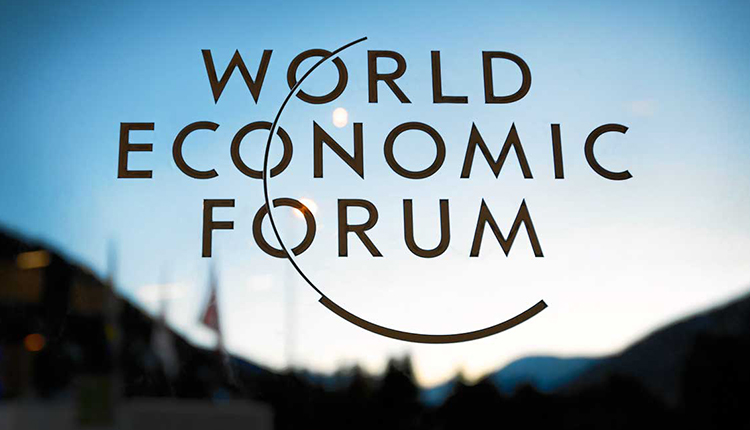World Economic Forum draws global recovery map, urges equal vaccine distribution
Developing countries must be helped to better recover from the pandemic as developed nations have, taking bold action to rebuild their economies and to achieve global recovery in 2021, said Tharman Shanmugaratnam, the senior minister in the government of Singapore.
Shanmugaratnam made his comments during the first day of the World Economic Forum (WEF), which kicked off virtually on Monday.
Shanmugaratnam underscored that this need stems from the fact that developing countries accounted for one-third of global economic growth pre-pandemic.
During the first day, economic leaders, government representatives and experts drew the map for the world to manage the COVID-19 crisis and to build resilient economies.
They were unanimous on key drivers that will help countries to better rebuild, including expanding in adopting digitalisation, especially in financial transactions and government services, investing more in infrastructure, education, and the green economy, as well as expanding in public-private partnerships as a key driver of global economic growth, especially in developing countries.
They also urged for vaccines to be distributed equality, which will contribute to boosting global economic growth in the years to come.
Andrey L. Kostin, a representative of the Russian Federation, warned of risks that countries are likely to experience during the recovery phase and post-pandemic.
“Small businesses are likely to face financial bubbles, especially since a huge number of them have not achieved any positive results in 2020 due to the pandemic. Moreover, stock markets and financial markets are expected to face speculations in prices amid the ongoing crisis. These are serious side effects of the pandemic that all countries need to work on preventing,” Kostin illustrated.
Robert E. Moritz, global chairman for PwC and USA at the International Business Council, noted that countries need to shift from centring on GDP as a main target for their economic activities and their countries’ growth to a broader perspective that focuses on the climate, the planet, wealth distribution, and investing in human capital to attain a real growth going forward.
In his opening address, Chinese President Xi Jinping asserted the need to balance COVID-19 responses with economic development.
“We need to shift the driving forces and growth models of the global economy and improve its structure,” he said.
He also called for eliminating ideological prejudice in order to jointly follow a path of peaceful coexistence, mutual benefit, and win-win cooperation, emphasising the need to close the divide between developed and developing countries by providing equal rights, opportunities and rules for the benefit of all countries.
Meanwhile, Rajiv Shah, president of Rockefeller Foundation, said that while emerging markets are likely to continue to face the threat of COVID and its associated severe repercussions, the stimulus packages that governments have introduced in these economies are inadequate.
WEF in its 2021 round focuses on seven key themes, including how to save the planet, fairer economies, tech for good, society and future of work, better business, healthy futures, and geopolitics.


